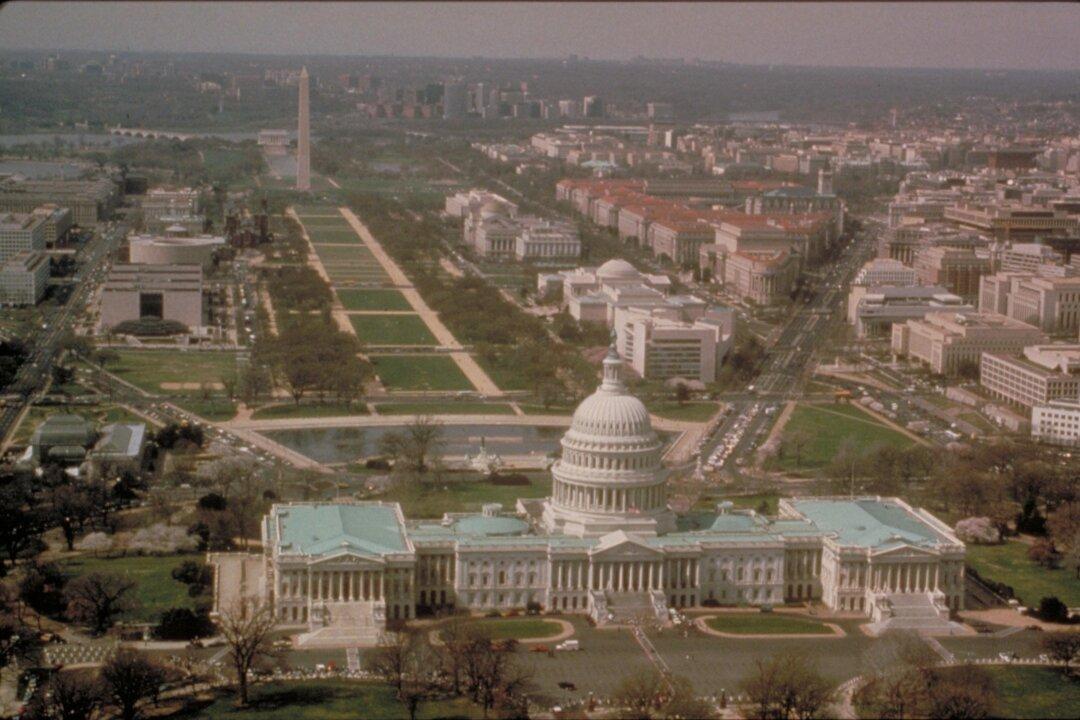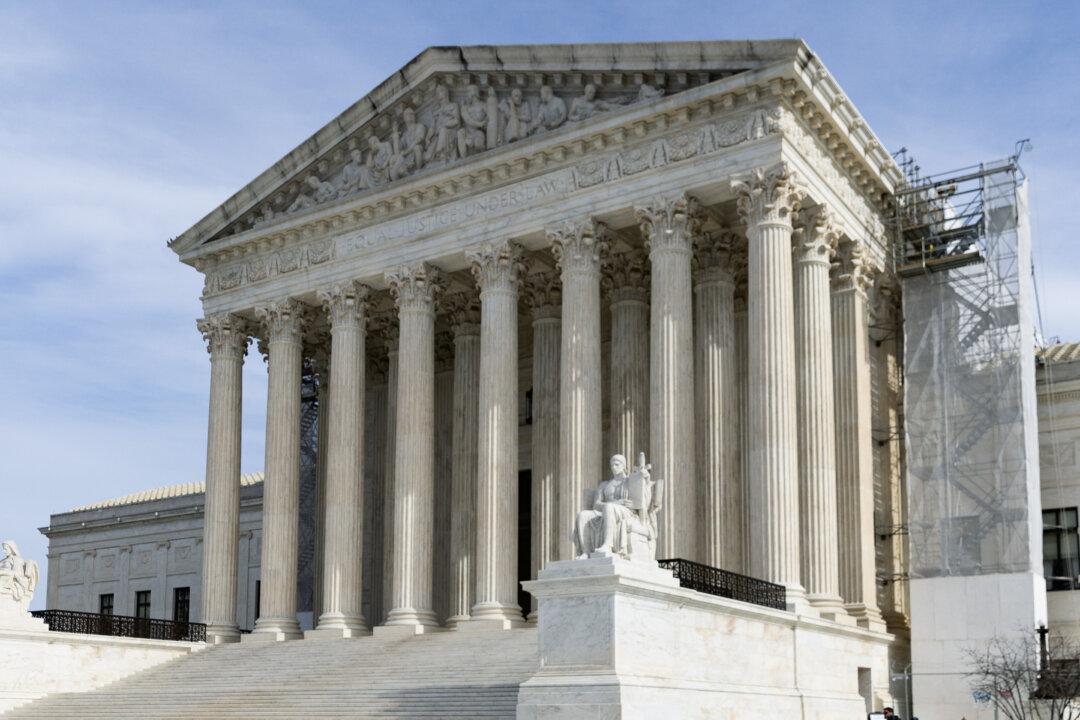Commentary
The federal Freedom of Information Act has been contentious ever since its enactment over a half century ago, naturally pitting citizens seeking to hold their government to account against officials whose impulse, nefarious or not, is to control information. Decades later, it is by and large a case study in good intentions gone awry.






